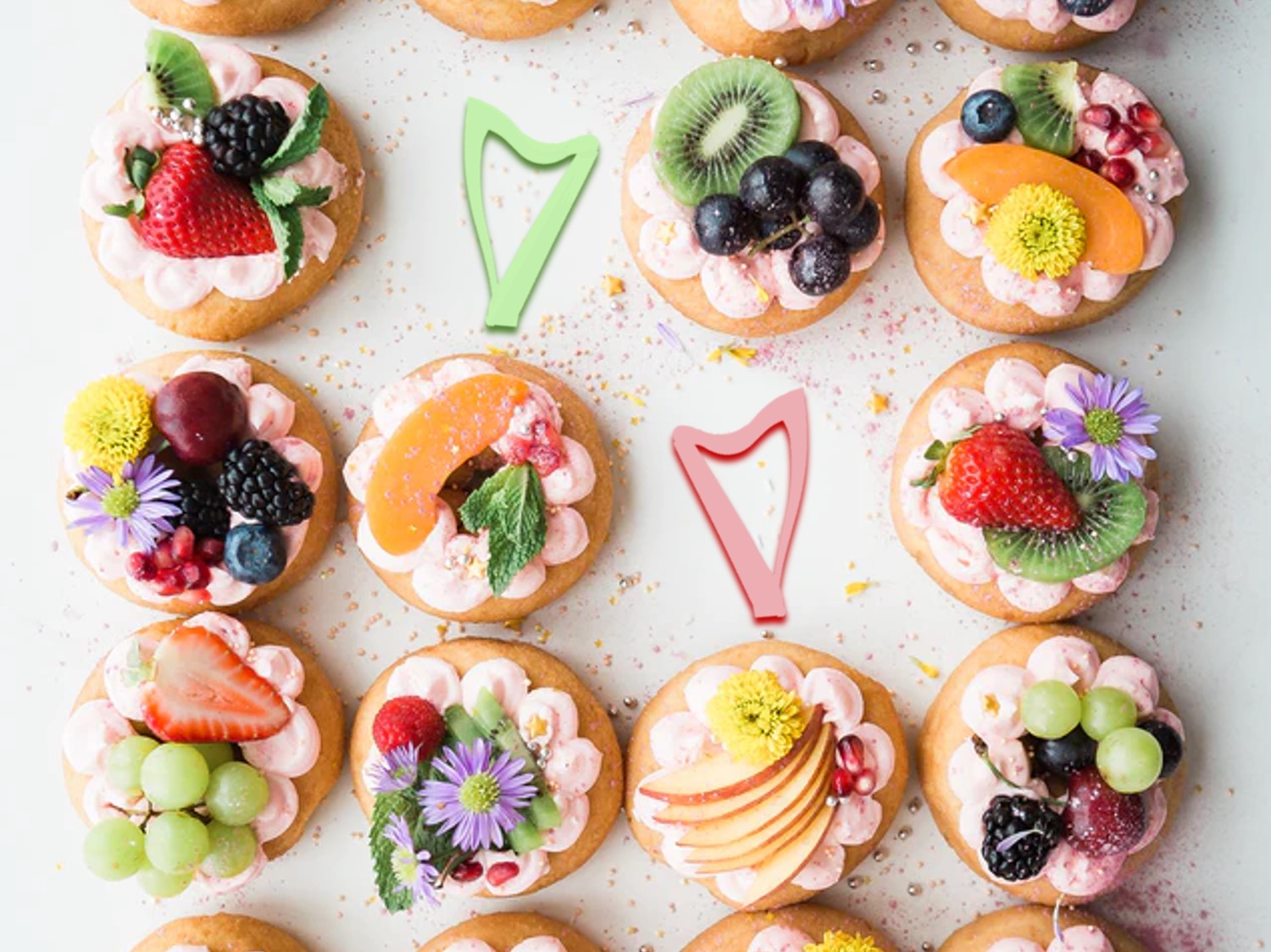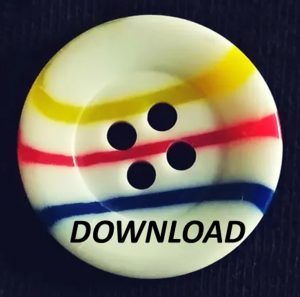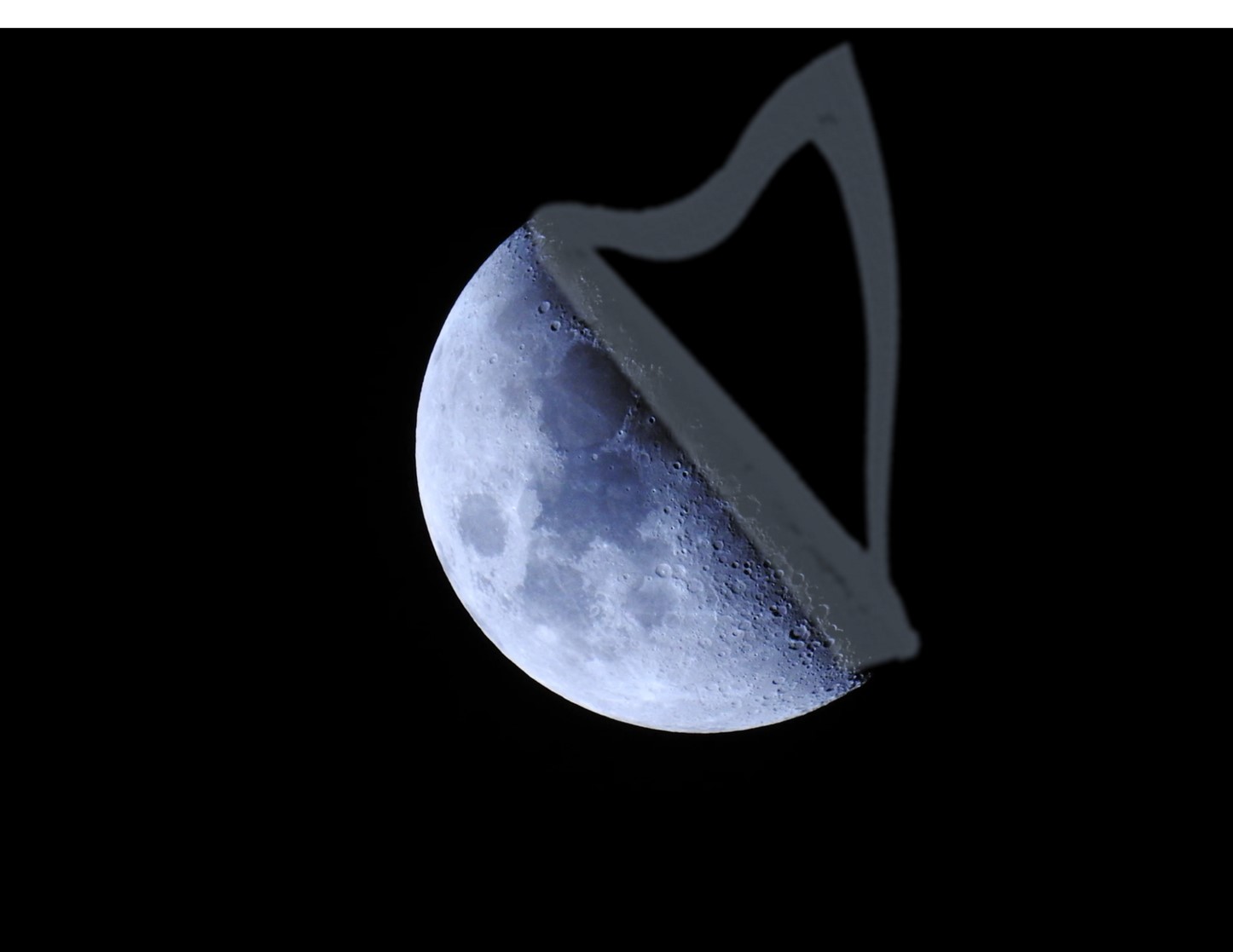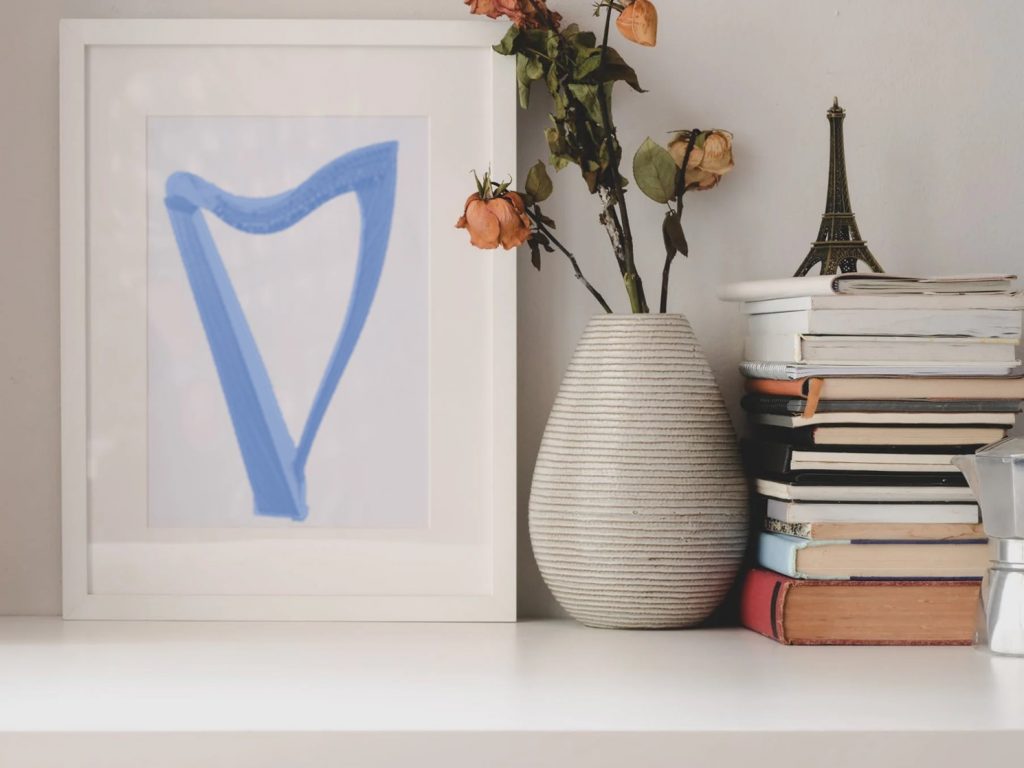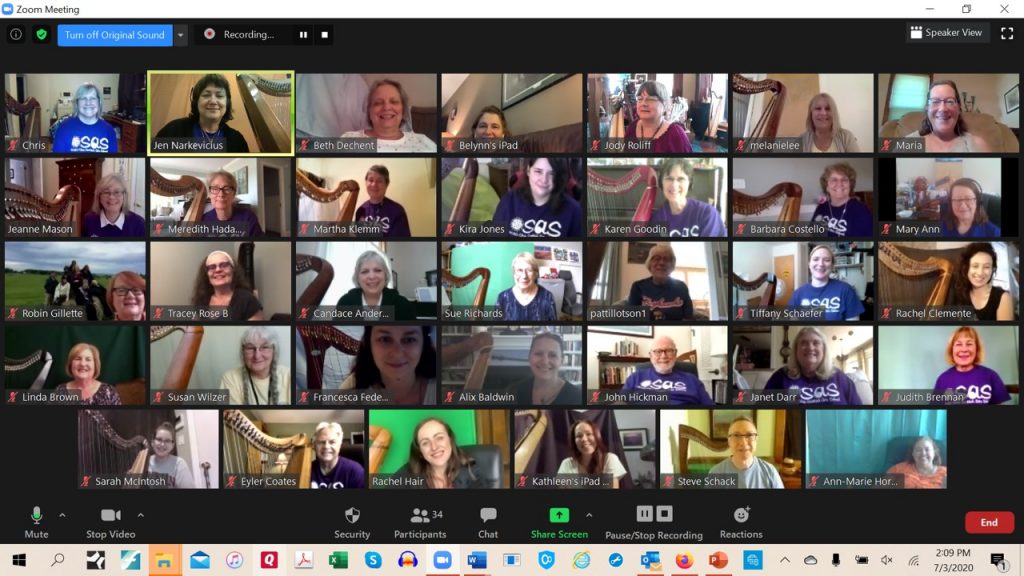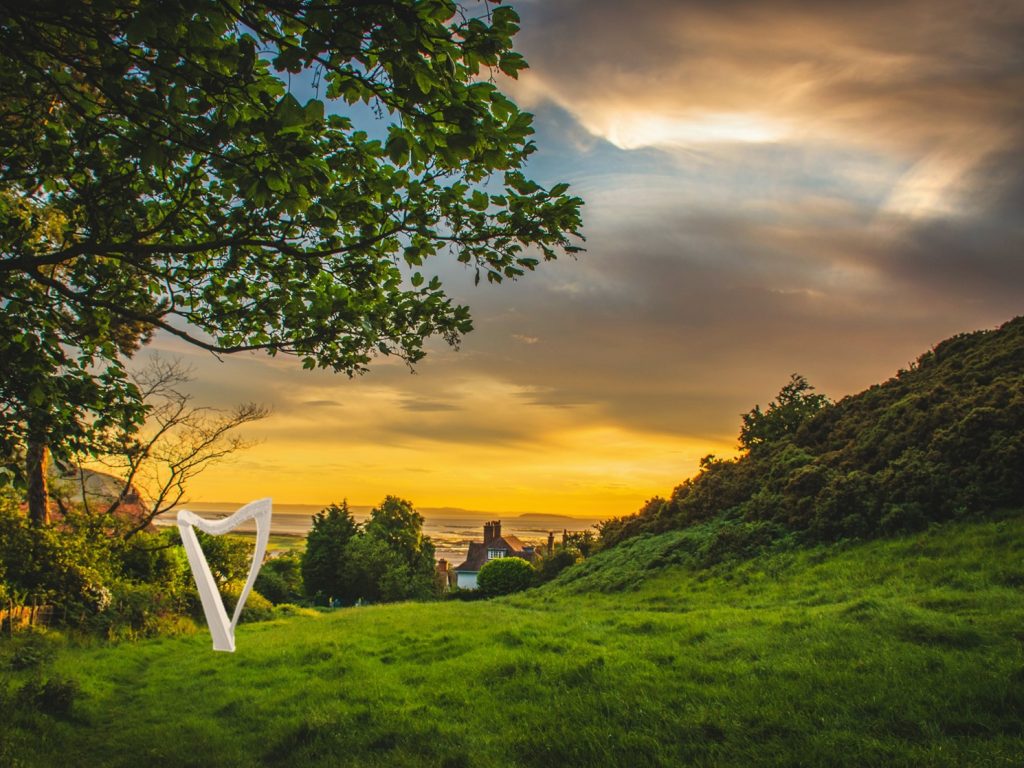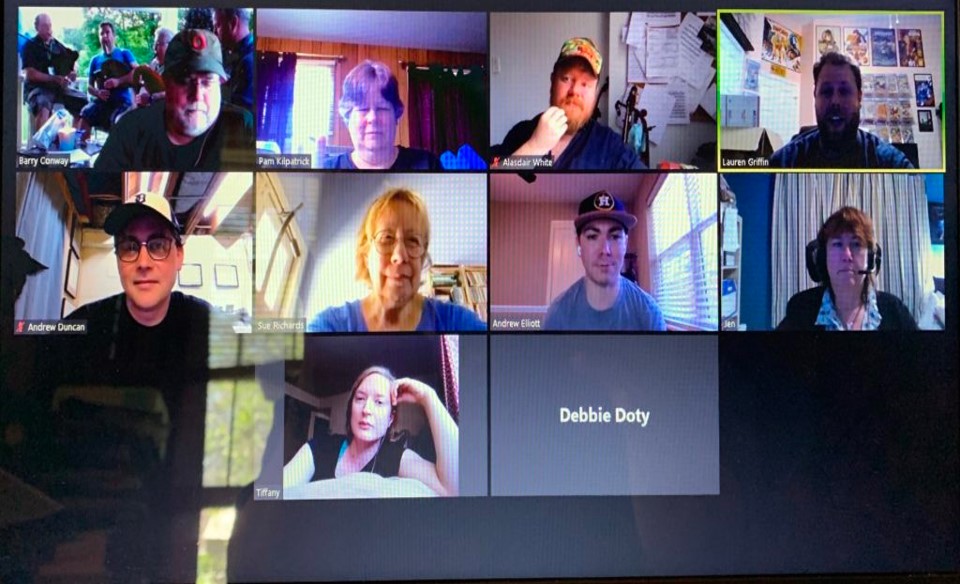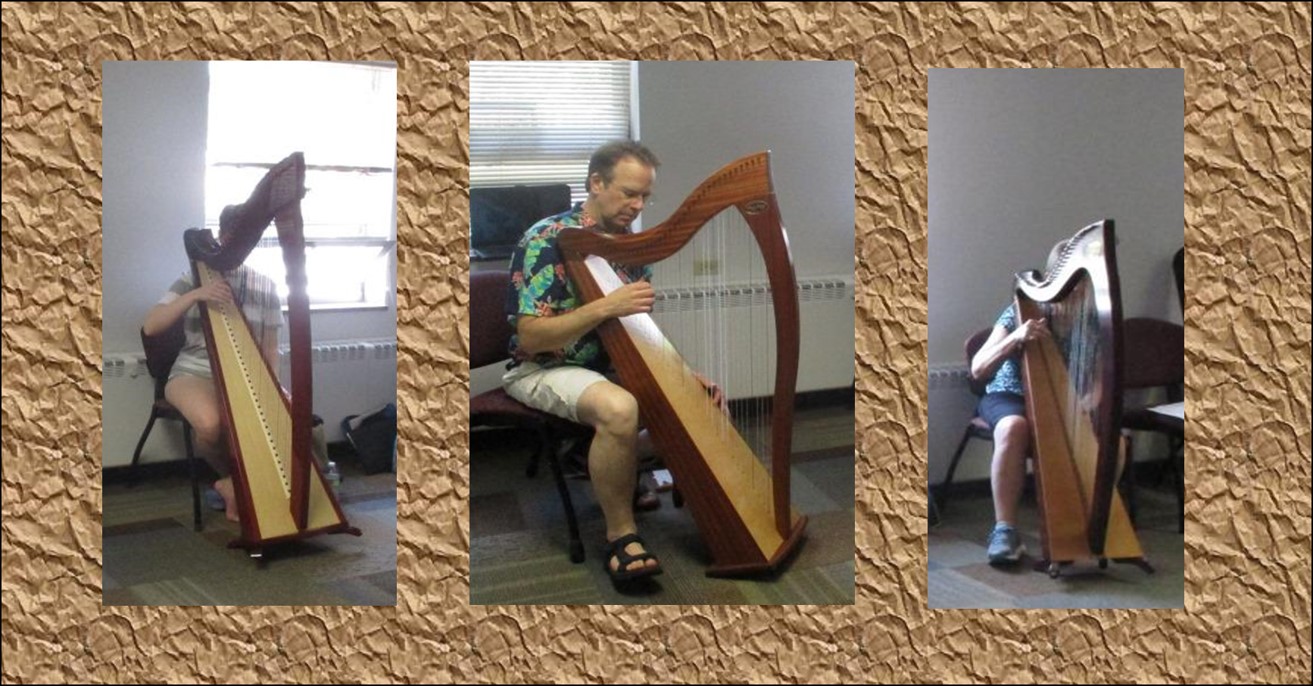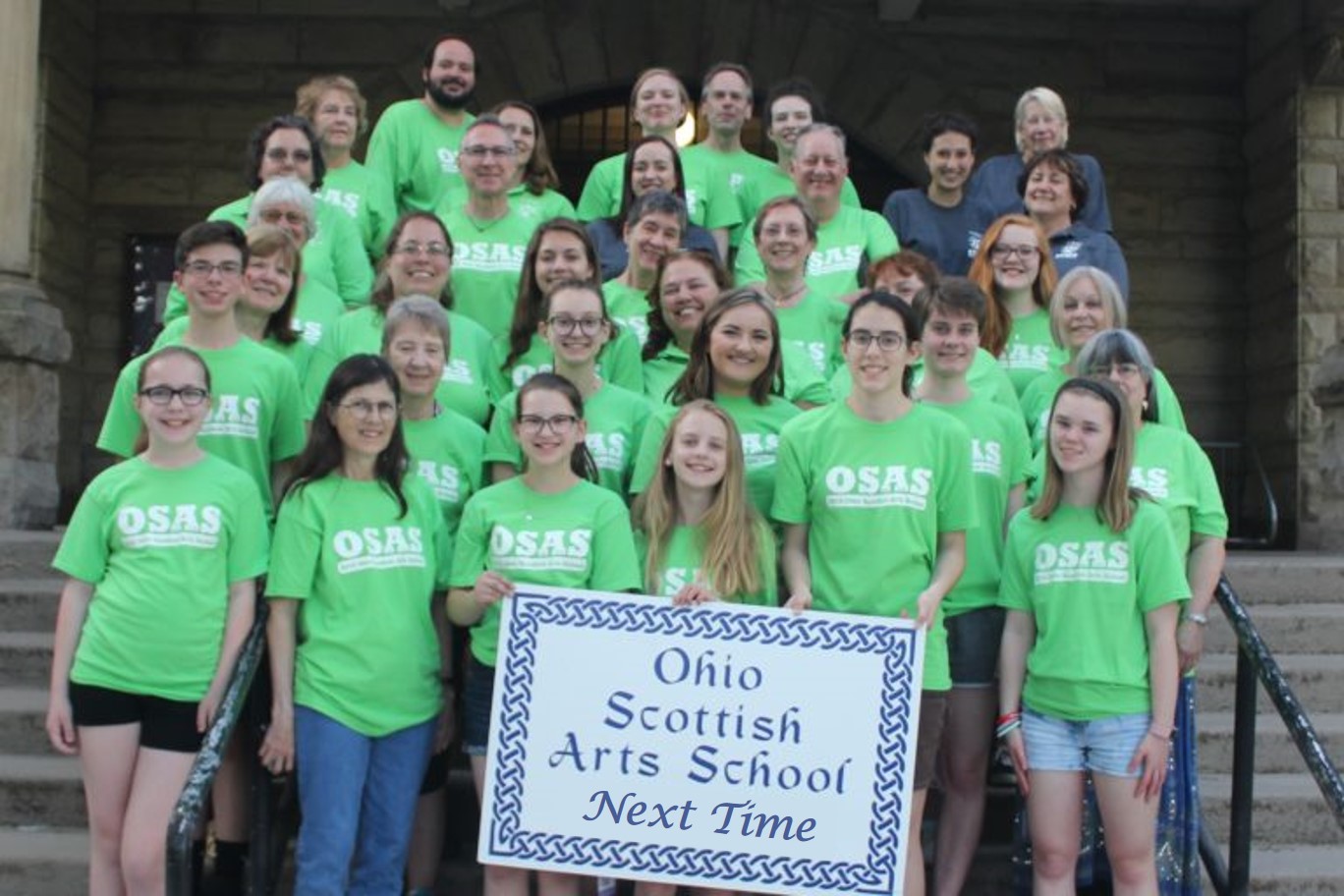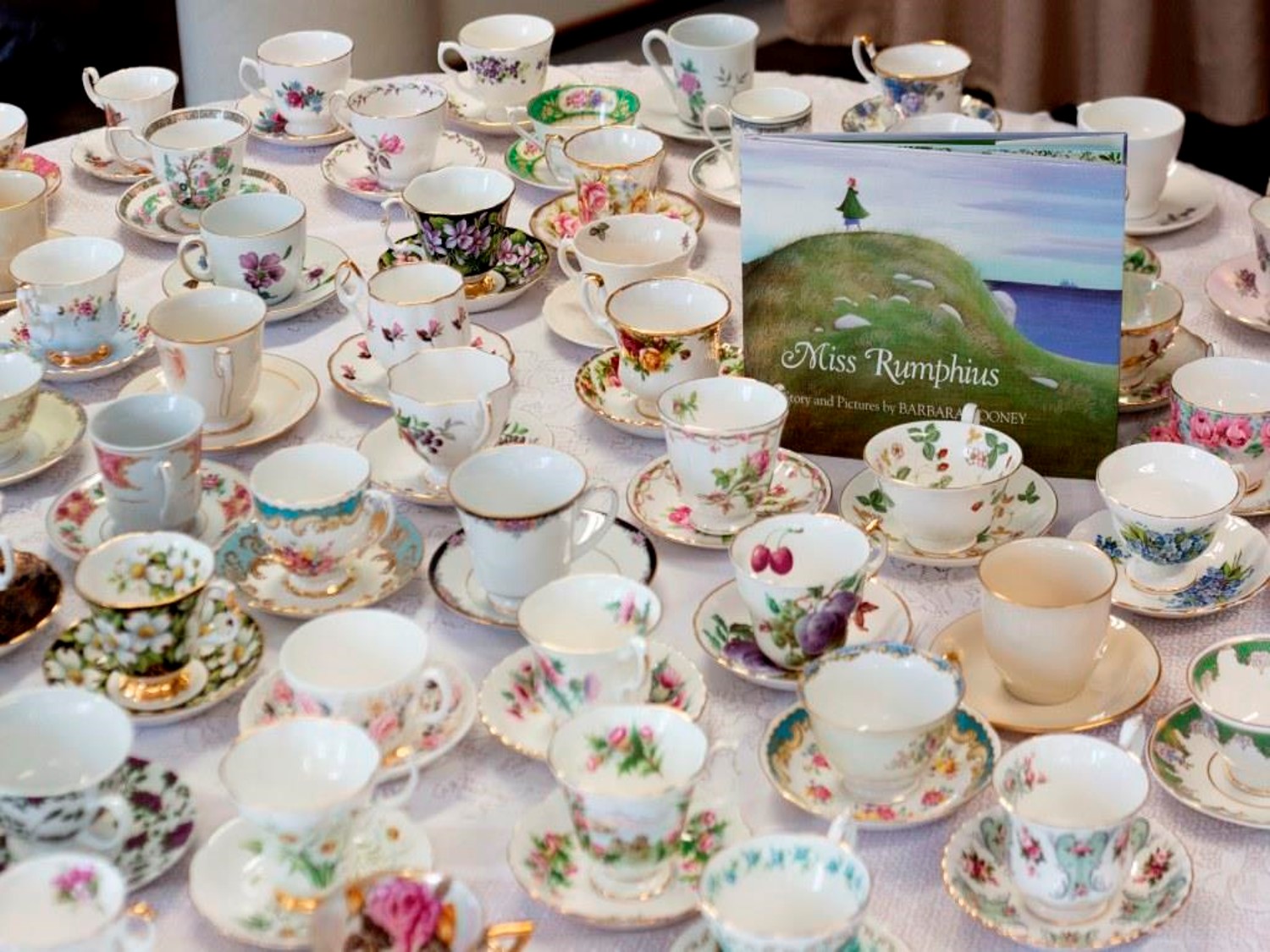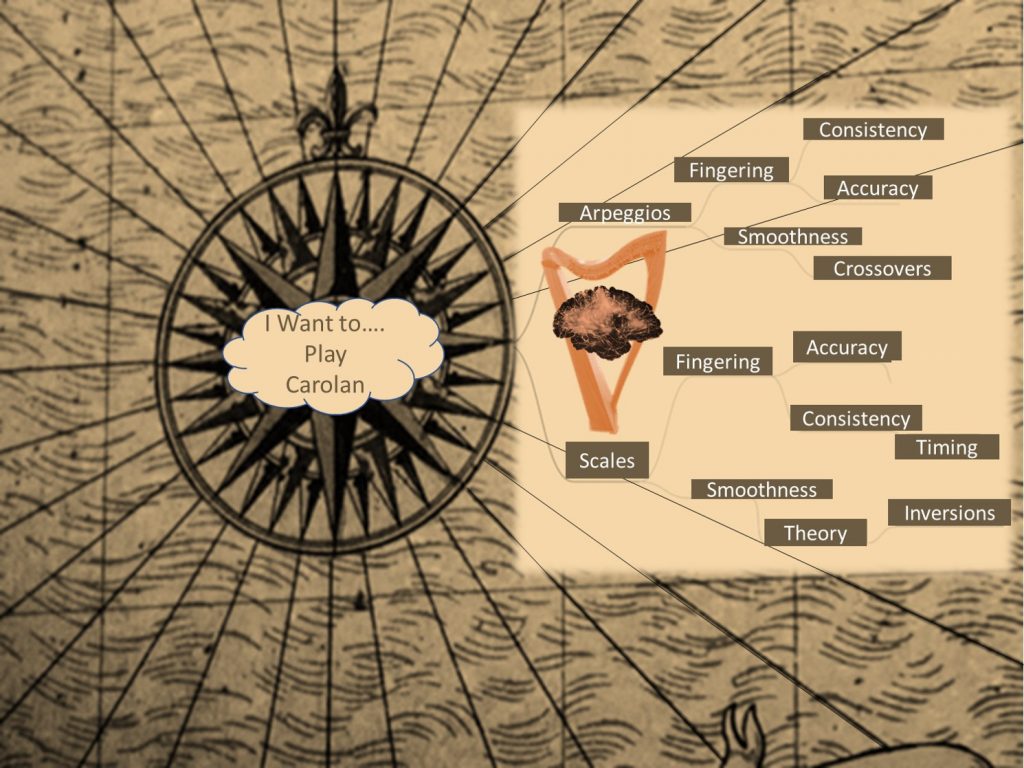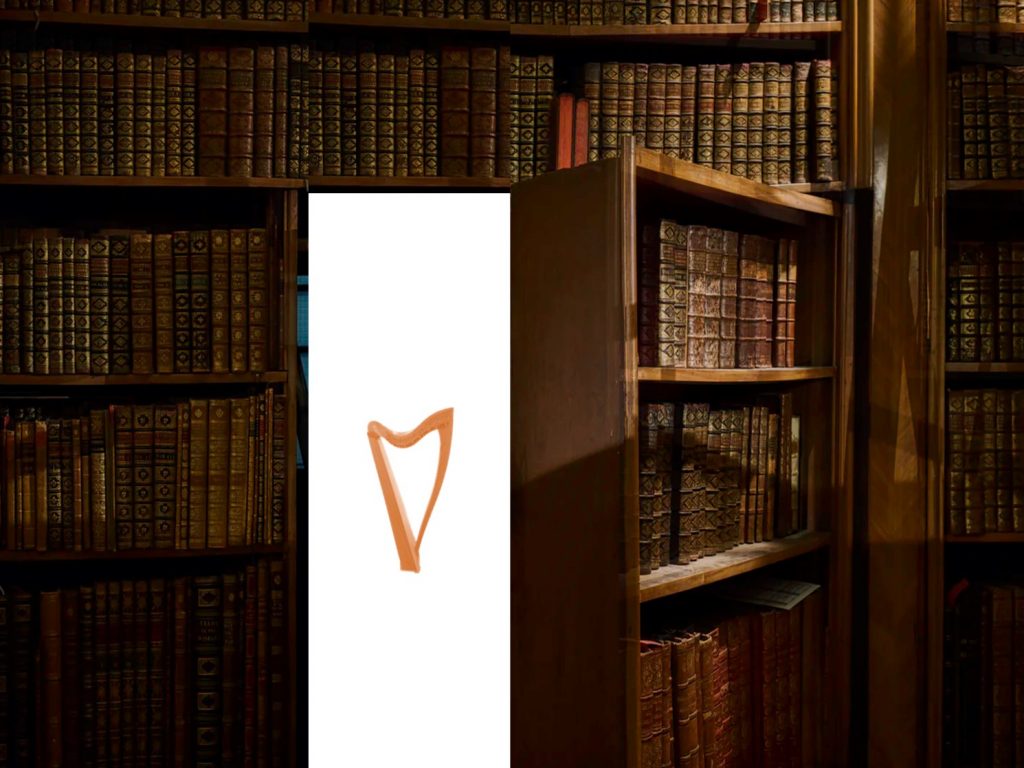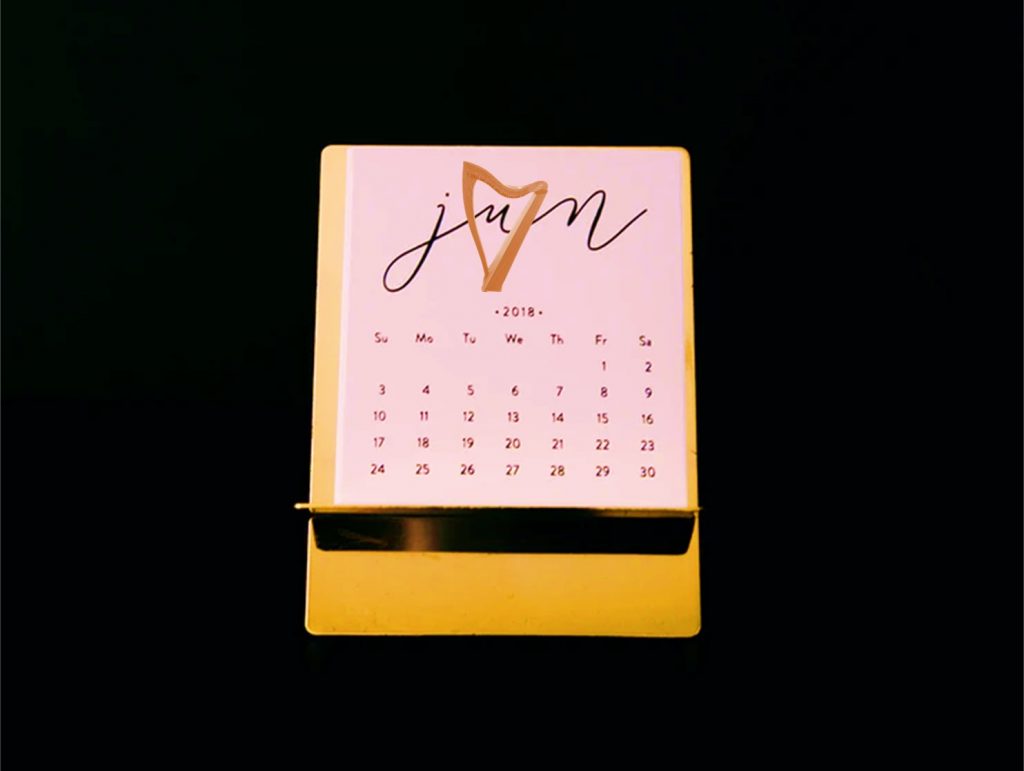I hear that we should all be practicing gratitude. Especially now. The sentiment seems to be everywhere.
But I’ve heard it so much that my mind started bending it a little – shifting the emphasis. I can’t hear it the way everyone means anymore because in my head it’s:
PRACTICE gratitude
As in, be grateful for your practice time.
Hmm.
 Why would we be grateful for practice time? I can think of a few reasons:
Why would we be grateful for practice time? I can think of a few reasons:
- It’s time we spend on ourselves to grow in an area we find important
- It creates a little oasis of time in our otherwise busy days
- It provides an element of normality when things around us are unpredictable or uncertain
- It is a moment of self-development (and not a self-indulgence)
So, we can pretty much dispense with the any puerile comments on how we “have” to practice “again”. Instead – we “get” to practice again!
Practice is clearly not only good for us, but something we want to do, no matter how it might not feel like it in the moment. How might we do that? Here are 15 ways we can practice and enjoy the time and be grateful for our practice time:
- Enjoy the ritual of tuning. Rather than seeing it as a chore, take the time to slow down and reconnect with your instrument.
- Don’t waste your time doing garbage practice. When you’re practicing, focus.
- Don’t accept anything less than your best effort.
- When something is not coming, reframe that frustration as gratitude for the opportunity to learn.
- Enjoy the little things – each time you practice, remind yourself of at least one thing you enjoy about playing.
- Take note – identify the progress you’re making and notice the improvement day on day.
- While you’re practicing – breathe!
- While you’re practicing – smile at least once.
- While you’re practicing – feel it. Enjoy the touch of the strings, the sound of the music, the feel of the harp as it vibrates on your shoulder.
- Practice with an aim to being able to share – this can be with your cohabitants, your neighbors, or the world at large – but keep it in mind.
- After you have worked on something particularly tough, whether you’ve gotten it or if it still needs some time – provide honest praise for the work. Yes, I mean tell yourself you did a good job!
- No matter how little time you have, end each practice with a tune you know and love and like to play.
- Take a moment in each practice session to tell yourself something you enjoyed or are grateful you can do.
- Take a moment at the end of your time to jot down what you’re grateful for in your practice journal.
- Find time to play every day.
I’m sure there are a zillion other ways we can be grateful for our practice time and express that gratitude. What do you do to Practice Gratitude? If you haven’t been having Practicing Gratitude, which of these will you start to get you on your way? Let me know in the comments below!
